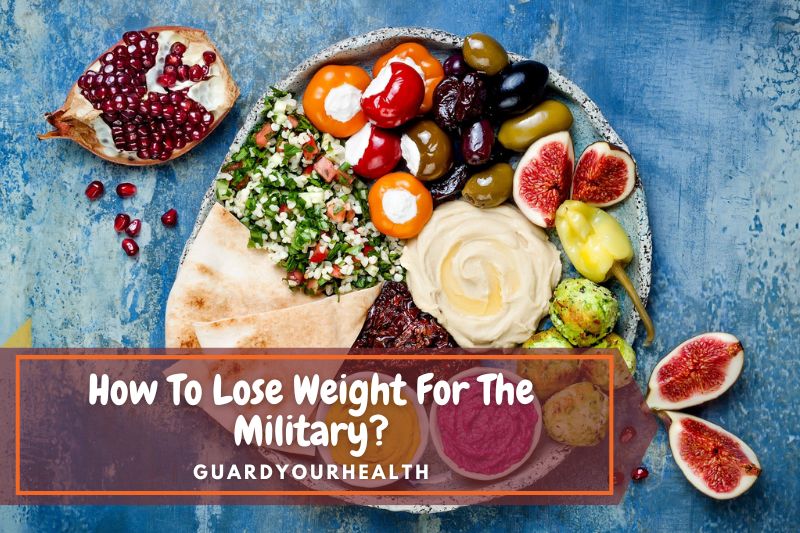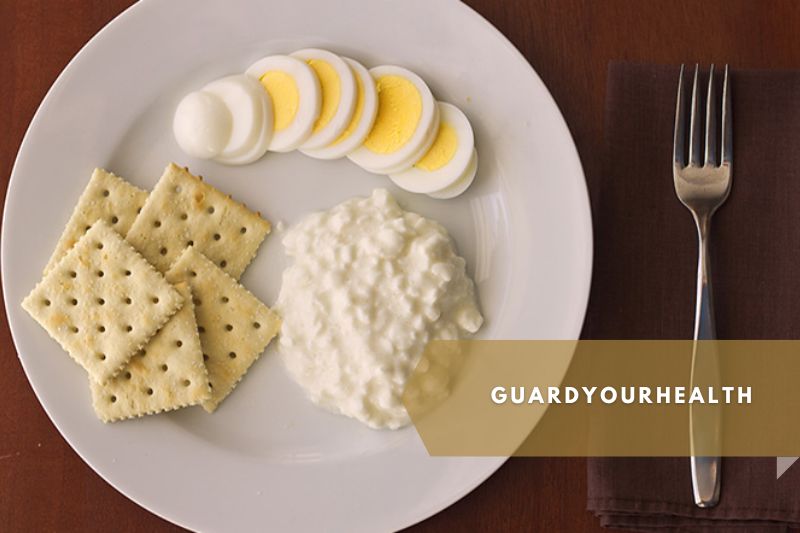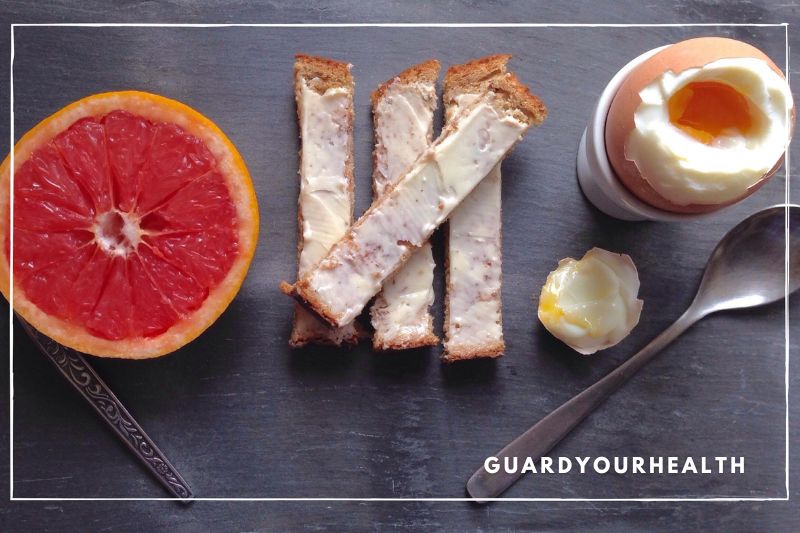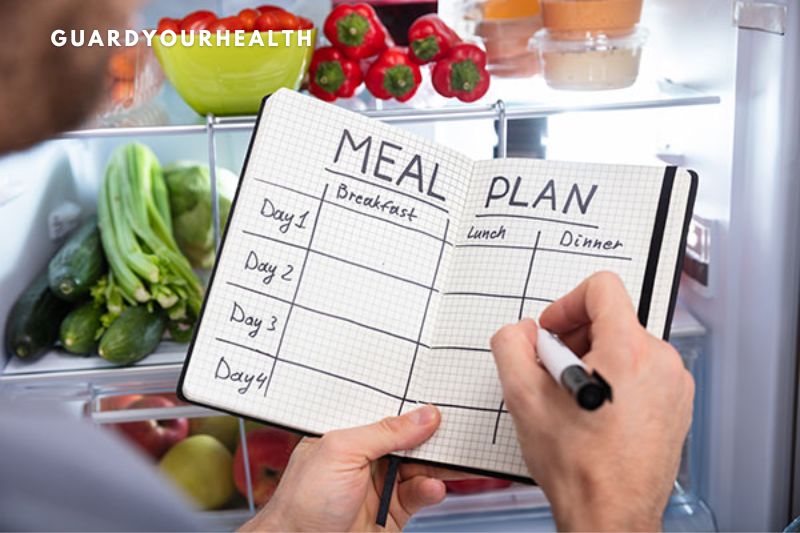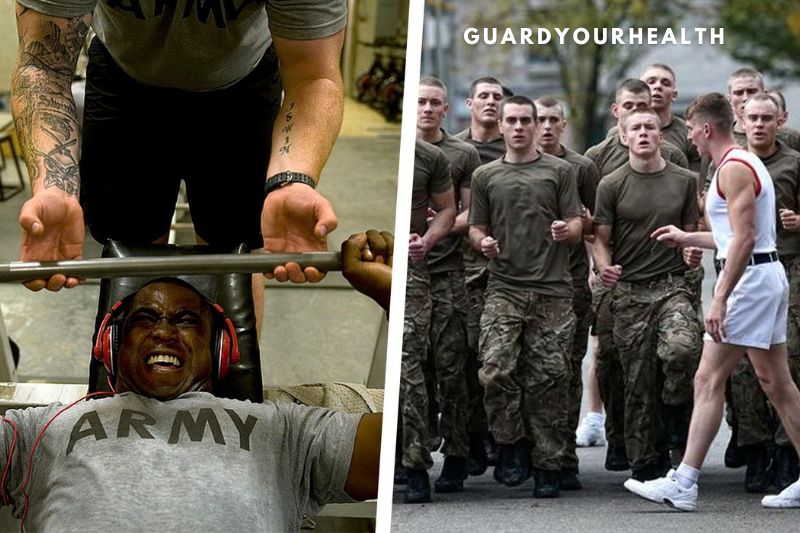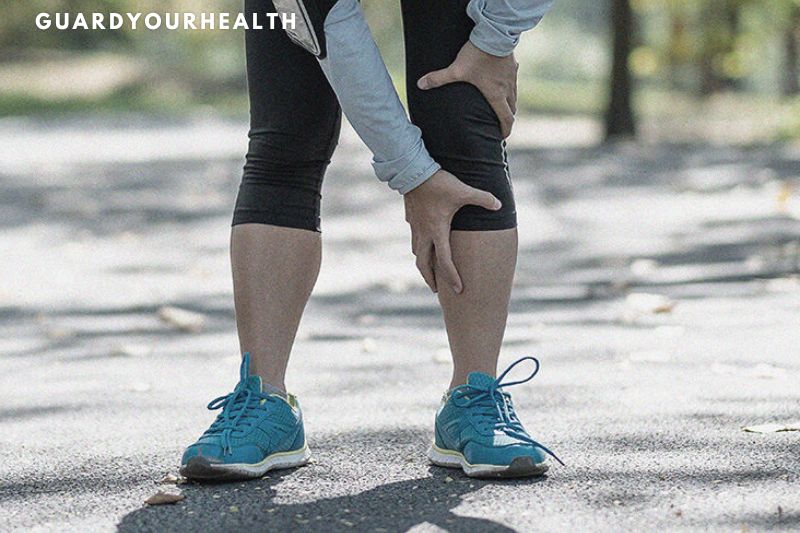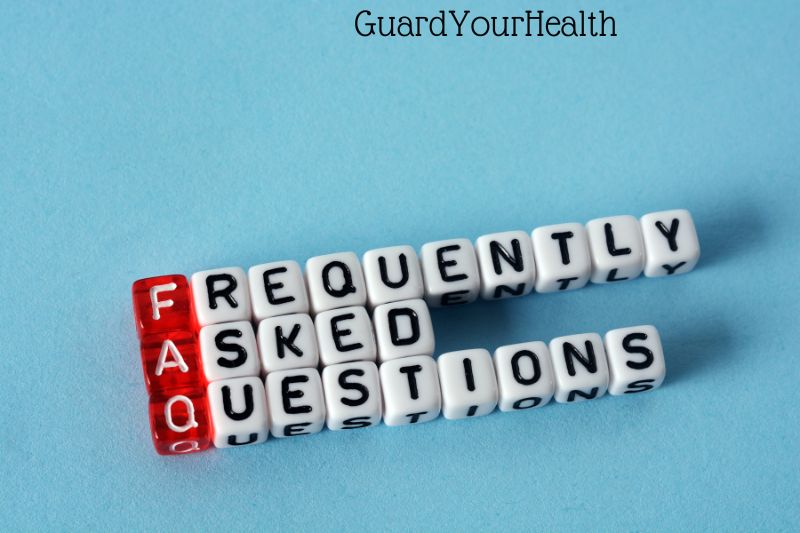Are you looking for how to lose weight for the military? You should know a few things before starting your weight loss journey. Losing weight for the military can be daunting, but it is possible. You can reach your weight loss goals with the right plan and motivation. Here are a few tips to help you get started.
What Is The Military Diet?
The military diet, also known as the 3-day diet, is a quick weight reduction program that promises to help you lose up to 10 pounds (4.5 kg) in one week.
The diet plan consists of a three-day calorie-restricted food plan followed by four days off. Dieters are instructed to continue the weekly cycle for up to one month or until they attain their target weight.
The military diet is a kind of intermittent fasting since it involves intermittent calorie restriction. Intermittent fasting diets alternate between times of limited calorie intake and periods of unrestricted food.
Nonetheless, although you may eat anything you want on your days off, the program encourages individuals to follow a less limited but predetermined meal plan to continue losing weight.
SUMMARY
The military diet is a calorie-restricted weight-reduction plan that promises considerable weight loss in only one week.
How Does The Military Diet Work?
The 3-day military diet is divided into two parts that last seven days.
The program gives a defined food plan for breakfast, lunch, and supper for the first three days, with no snacks.
The overall calorie intake during this period is about 1,100-1,400 calories per day, making it a low-calorie diet — defined as a dietary pattern that delivers 800-1,200 calories per day.
Importantly, this kind of calorie restriction falls well short of the recommended calorie intake for adults in the 2020-2025 United States Dietary Guidelines, which begins with a minimum of 2,200-2,400 for males and 1,600-1,800 for women aged 18-60.
To protect your safety and proper nutrient intake, you should not pursue the amount of calorie restriction required by the military diet without the advice or supervision of a medical practitioner.
The military diet merely urges individuals to eat a well-balanced diet on the other four days of the week.
However, as previously said, it does provide a less restricted 1,500-calorie meal plan for people who choose to continue reducing weight for the remainder of the week.
SUMMARY
The first three days of the military diet include a predetermined food plan and severe calorie restrictions. The subsequent four days have fewer constraints.
Lose Weight for Military Service
Step 1: Understand your body and set your goals
Before starting with dumbbells and treadmills, you must evaluate yourself. How much do you have to weigh to join the military? In what areas are you lacking? Ask yourself the difficult questions, and then create your objectives based on the answers.
You’ll generally want to reduce weight in all areas of your body rather than just one. Nonetheless, knowing your body well can help you concentrate your attention in the proper spots. You must understand what you are attempting to accomplish. Only after you know where you’re going can you choose which road to follow!
Step 2: Create a diet plan and stick to it
Losing weight to enter the military requires a mix of good nutrition, good sleeping, and good exercise. To begin, you’ll need a rigorous yet nutritious food plan. Your meals should include appropriate nutrients from all food pyramid categories and be proportionate to the number of calories you expend.
Here are a few pointers for a safe and effective weight loss diet:
- Reduce sugar intake, particularly from calorie-containing drinks such as soda, sweet tea, etc. Always look for additional sugar on product labels or descriptions.
- Every day, drink more water. According to the National Academies of Sciences, Engineering, and Medicine in the United States, males need 3.7 liters of fluids while women require 2.7 liters.
- Replace “bad” or saturated fats with “good” or unsaturated fats by switching to reduced or no-fat goods. Nut, avocado, and fish fats are examples of the latter.
- Avoid eating takeout, junk food, and fast food. This also refers to unhealthy and overly processed foods like chips. Here is a website that lists at least ten foods you should avoid.
- Instead of eating one substantial meal every three to four hours, eat smaller amounts every three to four hours. Never starve yourself and binge eats when you can’t take it anymore.
- Keep track of your calorie intake to burn the same amount later in your training program.
- If you have a particular medical condition, such as diabetes, you should plan your diet with the help of a qualified dietitian or nutritionist.
It isn’t easy to fully alter your eating habits overnight. So be patient and kind to yourself. Making one or two modifications every day is entirely okay.
However, after you’ve established a healthy food plan, you must adhere to it. Don’t squander your time and energy by “going on a diet” for a week, then declaring defeat and resuming your old behaviors.
Step 3: Come up with a workout routine and commit to it
Begin by determining your current level. This is required to make your regimen reasonable and attainable. It guarantees you push just enough to surpass your boundaries without jeopardizing your safety. If you’re new to exercise, don’t attempt to follow a professional athlete’s program.
You may begin by walking, then progress to running and biking.
A fitness test involving jogging will be required in addition to the body composition exam. A 2-mile and a 5-mile run, to be exact. So, don’t forget to include jogging in your training program. You may run either on a treadmill or outside.
You must also be able to do push-ups, sit-ups, and pull-ups. As a result, add them to your workouts. Do not be concerned if you cannot do them now. Begin gently and work your way up. There is no set speed; the ideal pace is the one that suits you.
Full-body training with an emphasis on high-intensity cardiovascular exercises is recommended. Why? Because they engage all of your body’s main muscle groups at once, they enhance strength, endurance, and muscle mass while also helping you lose weight.
Creating a well-calculated timetable is a vital aspect of this process. It would help if you considered frequency and carefully arranged your sessions. Please stick to your before and after basic training weight loss. Do not adopt a new one just because you want to. Consistency is the key to achieving the desired outcomes.
However, this does not suggest that you cannot make changes to fit your body’s demands better. It is permissible to be flexible but not intentionally inconsistent.
Make sure to include a warm-up and cool-down session in your program. These might last between 10 and 15 minutes. They are crucial in ensuring the safety of your exercise.
Top Tip: Schedule “relax days” once or twice a week. It is vital to keep oneself from over-exercising and strain.
You could also think about including swimming into your regimen. Swimming ability is required regardless of how to lose weight to join the army. It is considerably more important if you wish to join the Marines or Coast Guard.
Check out our comprehensive one-stop resource to learn more about military swimming standards.
It makes no difference whether you exercise at home or in a gym. If you have the essential equipment at home, that’s fantastic! If not, purchasing a gym membership card is a good option.
Other suggestions for this third stage include:
- Some individuals feel more motivated when they exercise with others. Try “sweating” it out with a friend if this describes you. You could know another soon-to-be military member with the same ambition, or you might meet one at the gym! Several online forums and smartphone applications allow you to link up with “gym mates.” As a result, this is also an option.
- Getting a physical therapist is another option. Not only will you have someone to push you, but a PT may also have greater expertise and experience to advise and assist you in designing and committing to working out.
- Always have a refillable water bottle on hand. It is critical to keep hydrated when exercising and losing fluids via perspiration. You may also have healthful snacks on hand.
- Always keep in mind that it will not be simple. But it will be worthwhile—no pain, no gain, as the adage goes. The first day may seem like a nightmare. Don’t give up, however. Have trust in yourself and persevere!
- After all, shedding pounds for the army isn’t meant to be simple. You must invest blood, sweat, and tears.
- Another reminder: You may not experience immediate effects. Nonetheless, it is critical not to give up. It might take months before you see a difference on the scale. Be patient and work hard. You may be certain that the results will be valuable.
- Make careful to keep track of your progress. You may jot them down in a diary or the notes app on your phone. If you have a fitness watch and an accompanying app, sync your data, such as BMI, fat levels, etc. This tells you how you’re doing and how far you still have to go. Furthermore, it is a surprisingly effective source of inspiration!
- Weight loss of 2 to 3 pounds each week is considered healthy. As a result, don’t anticipate or desire to lose more than 10 pounds weekly. Although this looks to be a pleasant loss, it is not a sustainable loss. Even if you see a decline, it is most likely due to water weight reduction.
- It is much preferable to commit to a long-term weight reduction program military than to “lose weight in 1 week!” hack Pinterest blog postings.
- Sleeping is also an essential element of your daily routine. Make sure you get adequate sleep every night. This guarantees that you always have adequate energy to exercise and progress toward your objectives. Similarly, never sacrifice your sleep for “late-night” workouts.
You have now completed the three stages required to reduce weight for the military. You may now dismiss the nagging idea I want to join the military, but I’m overweight.
FAQs
Is the military diet based on evidence?
There is no research on the military diet at the moment. Nonetheless, a calorie deficit is usually necessary to lose weight.
Other variables that may influence weight reduction, such as therapy for concomitant health issues and whether or not you take certain medicines, complicate some people’s weight loss journey. However, these aspects are not taken into account in this diet.
While some study emphasizes the significance of calorie deficit above diet quality, research also suggests that effective weight reduction requires a mix of both.
As a result, adopting a balanced diet that promotes progressive and consistent weight reduction without imposing extreme limits is recommended. This is the polar opposite of what the military diet and other fad diets advocate.
In general, you may accomplish long-term weight reduction by gradually reducing your calorie consumption and increasing your physical activity while maintaining an acceptable nutritional intake.
In reality, research suggests that moderate and continuous calorie restriction is just as efficient for weight reduction as intermittent severe energy limitations — such as three days on, four days off — implying that you don’t have to starve yourself to lose weight.
Furthermore, no particular eating pattern is better than another or universally applicable. Effective weight reduction solutions should be customized to each individual’s requirements.
However, the military diet falls short of this need since it strives to give a one-size-fits-all food plan.
Furthermore, supporters of the military diet say that the exact food combinations in the meal plan enhance your metabolism and burn fat, but this is not true.
The advised caffeine consumption from coffee and tea, which has been shown to boost body weight and fat reduction, is one component of this diet that may enhance your metabolism.
SUMMARY
The military diet is minimal in calories and may help you lose weight. However, that weight reduction is unlikely to be lasting, and you may be deficient in nutrients. Evidence shows that well-balanced meals with few limitations are more effective for losing weight.
Is the military diet safe and sustainable?
The military diet is unhealthy. Repeating the cycle may result in health problems such as nutritional shortages.
Furthermore, evidence shows that drastic calorie reductions, even for brief periods like the military diet, may generate or aggravate harmful eating behaviors, bad food connections, or disordered eating.
Furthermore, consuming processed meals daily, such as hot dogs, crackers, and ice cream may induce metabolic difficulties, increasing your risk of chronic illness. Instead, a healthy eating pattern should consist mostly of whole, minimally processed foods.
In terms of durability, this diet may be relatively simple for some to stick to since it only demands you to adhere to it for a brief period — but hunger is usually noted owing to its low-calorie intake.
Nonetheless, the military diet does not generate long-term favorable behavioral changes. That implies that whatever weight you lose will be rapidly recovered as you resume your normal eating habits.
According to research, having realistic weight loss goals and focusing on lifestyle changes rather than short-term fad diets is critical for weight loss, weight maintenance, and weight return prevention.
SUMMARY
Following the military diet may result in safety hazards. It’s also not long-term sustainable, and the absence of significant lifestyle adjustments means you’ll most likely soon recover the lost weight once you return to your previous eating routine.
Can you lose 10 pounds in a week?
Proponents of the military diet say that it may help you lose 10 pounds in only one week. However, since everyone is different, the diet will not have the same impact on everyone.
Furthermore, most of your weight reduction will be related to water loss. This is because extreme calorie restriction causes a decrease in glycogen storage – your body’s energy reserve.
When you consume enough calories, fluid quickly accumulates since 3 grams of water are stored for every gram of glycogen deposited. As a result, when your glycogen reserves are exhausted, the associated stored water is also lost.
As a result of this change in water balance, weight loss occurs. You might quickly restore lost weight if you return to your normal eating routine and refill your glycogen levels.
If you want to lose weight, keep in mind that there are two phases to weight management: losing weight and keeping it off.
Best practices include aiming for a weekly weight reduction rate of 1-2 pounds (0.5-1 kg) to guarantee fat loss rather than fluid or muscle mass loss. So, can you join the military if you’re fat?
According to research, an appropriate diet is safe, nutritious, nutritionally sufficient, and long-term maintainable. You can eat less added sugars and less processed meals while eating more fruits, veggies, and whole grain items.
SUMMARY
While the military diet may help you lose 10 pounds (4.5 kg) weekly, it is not for everyone. Furthermore, most of this would be water weight rather than fat weight, which you would return once you resume your usual eating habits.
Conclusion
Losing weight for the military is not an easy task, but it is possible with dedication and hard work. There is no one-size-fits-all solution, so it is important to tailor a plan that fits your individual needs and goals.
However, some general guidelines can help you know how to lose weight fast for army weigh in safely and effectively. First, focus on creating a calorie deficit by eating fewer calories than you burn. Second, include plenty of lean protein, healthy fats, and fiber-rich foods in your diet.
And finally, be sure to stay active and exercise regularly to support your weight loss journey. Thanks for reading!

